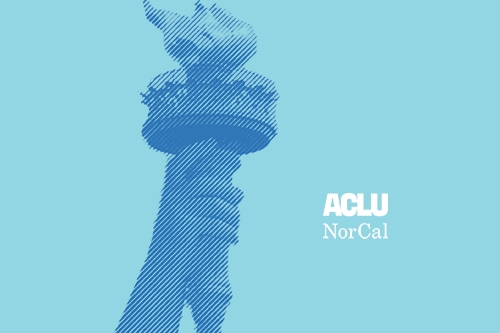Article Media

San Francisco - The California Supreme Court on Wednesday voted 7-0 to grant review of a case involving the issue of whether a 1996 federal law protects individuals from civil liability for re-posting a third-party’s statements on the Internet. The Supreme Court’s decision to review this significant issue will affect the free speech rights of Internet users.
In the case of Barrett v. Rosenthal, in January 2004, the Court of Appeal for the First District overruled the dismissal of a defamation lawsuit filed against an activist for her republication on the Internet of someone else’s words. The case turns on the interpretation of section 230 of the Communications Decency Act, which grants immunity from suit to those who provide material on the Internet that was written by others. The Court of Appeal’s decision, which is contrary to the decision of every other federal and state court to address the issue, greatly narrows the protection afforded by the statute. In granting review, the Supreme Court agreed to decide whether that narrow interpretation is correct.
In addition, the court also asked for briefing on a second question. Section 230 provides immunity both to “providers” of Internet access, such is Internet Service Providers and website hosts, as well as to “users” of the Internet who make available material authored by a third person. The court asked for briefing on the meaning of the term “user.” The Barrett case is the first case in the country in which an Internet “user” has invoked the protection of Section 230.
The lawsuit was based on postings on Internet newsgroups by Ilena Rosenthal, head of an international support group for women harmed by breast implants, who was one of several defendants in this high-profile Internet defamation case. In 2001, the Alameda Superior Court found that only one statement by Rosenthal was arguably defamatory - a document written by someone else which Rosenthal re-posted to an Internet newsgroup. According to the Superior Court, Rosenthal was protected for her republication of this statement on the Internet under section 230.
Lee Tien, Senior Staff Attorney for the Electronic Frontier Foundation (EFF), the leading Internet civil liberties organization, said "In enacting section 230, Congress tried to protect free speech on the Internet from chilling threats of costly litigation. A decision that protects Internet users who re-post the statements of others will help achieve that goal and would mark a solid victory for freedom of speech and expression.”
Mark Goldowitz, co-counsel for defendant Rosenthal and the Director of the California Anti?SLAPP Project, said, "The California Supreme Court’s decision will affect the free speech rights of Internet users. Hopefully, the Court will decide that users of the Internet have immunity from civil liability for reposting or republishing on the Internet the statements of others. Overturning the Court of Appeal’s ruling would greatly advance freedom of speech on the Internet."
Praising the Court’s decision to review this case, Ann Brick, Staff Attorney for the American Civil Liberties Union of Northern California, said, “Society must recognize that the diversity of Internet content does not appear by magic or come only from traditional publishers or media giants. Rather, it flows largely from the Internet’s openness to the contributions of individuals who might otherwise never have the resources or ability to speak to a national or global audience. That openness will vanish if those who provide a forum for other speakers are faced with the prospect of liability for what those other speakers say.”
Defendant Ilena Rosenthal noted that this lawsuit is only one of several lawsuits filed by the so-called “Quackbusters” against their critics. Rosenthal believes that the Quackbusters use SLAPPs (Strategic Lawsuits Against Public Participation), such as this one, to intimidate and threaten others into silence. The plaintiffs "are a threat to alternative and complementary medical practices and practitioners," Rosenthal said. "They launch character assassination campaigns on the Internet against their critics. Their campaigns obstruct health freedom and attempt to chill the voices of their opponents."
Learn more
Petition for Review (March 1, 2004)
ACLU and EFF amicus letter (April 6, 2004)
